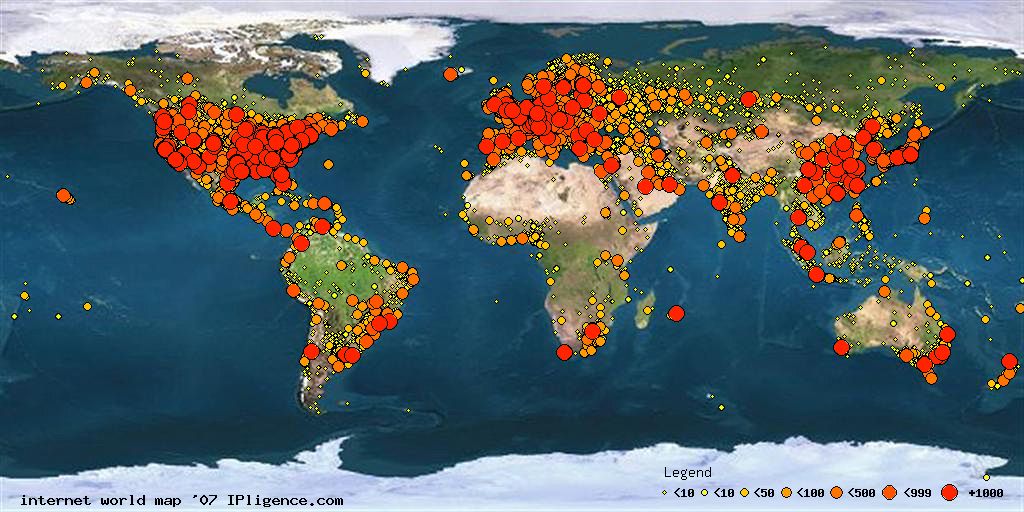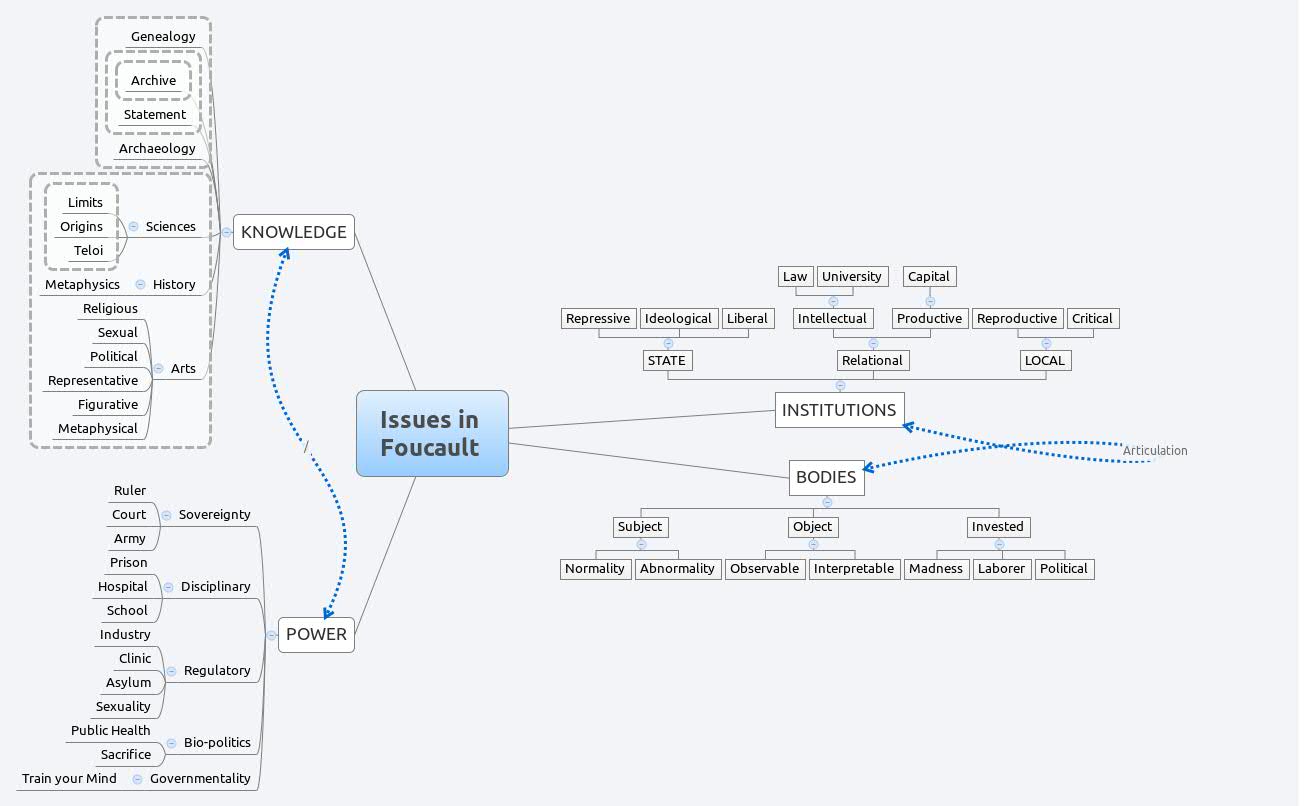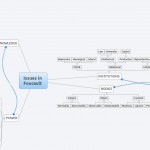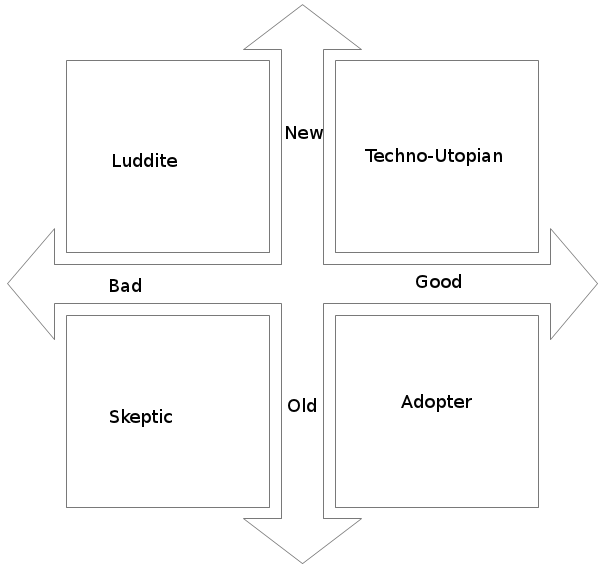The summer now underway, it’s a good time to take stock of gains, setbacks, and lessons learned from the semester. This post simply reviews the three sets of work undertaken over the past few months, and then try to detail the priorities and next steps necessary to continue progress towards the dissertation. Between materials, structures, and approaches, more incommensurability than contiguity prevails – yet weak ties persist in imagination and in theory. Broadly speaking, both epistemological and methodological considerations justify holding all three in concert, as parts of the long-term and focused project. And yet this can only hint at a strategy, it seems, and my largest outstanding challenge will be to find the coherent framework that unifies or at least governs the relationship between each of these schools of thought. Continue reading
Tag Archives: structure


Maps

Internet – Lit Reviews – Chun, Nakamura, Gitelman
Three writers who focus on the use and rhetoric of media, rather than on their inherent characteristics or their ethical valences, come together here. Wendy H. K. Chun demands that our attention to the social contexts of emergent technologies center on the political matters of force and sovereignty. Lisa Nakamura draws our attention to myriad, and structural, irruptions of old inequalities as manifested in ostensibly transcendent new media. And Lisa Gitelman pointedly reminds us, through a meticulous and engaging historiography, that what we call ‘new’ in media has older histories than we often care to admit, that all media were new once, and that any divergent practice or technology enters a complex set of other, perhaps related, media, in which nothing can be outgrown, only deprecated. Together, these thinkers provide good scholarship on which further research can be modelled, and provocative questions that demand further thought.
Continue reading
Internet – Synthesis – Methods and Approaches
While composing the preliminary reviews of literature that surround this post (it being posted retrospectively – something pops up here about the instability of blog-time, no doubt) certain tendencies and distinctions among the many approaches to internet studies have cemented. As the time comes to distinguish my own approach and its component pieces from the existing ones, both those which contribute to it and those from which it makes more sense to distance ourselves, a synthesis of those reviews comes into form. Tracing those groups in the literature that hang together, marking the details and purposes and focus of the ongoing project, and then arguing for the validity of a fresh approach and method, this post will form a temporary holding point en route to the field statement’s proposal and procedure. But we begin just by restating the themes of the semester so far.
Continue reading
Internet – Synthesis – On Newness
The question of what, after all, is so new about the internet has run through the introductory and summary posts in this series. It is a divisive question. Some proclaim the revolutionary, worldchanging emergence of the internet a wholly unique phenomenon. Others describe its continuity with older forms of media, communication, technology, or ideas. And each vein has its proponents and detractors of the internet’s cultural effects, which seem ubiquitously manifest, though not unequivocally ethically or morally valenced. Since we are concerned, here, with not just cultural effects but also cultural conditions for today’s internet, though, we cannot neatly reduce our approach to any of these positions.
So, we are faced with a series of comparisons and contrasts.



